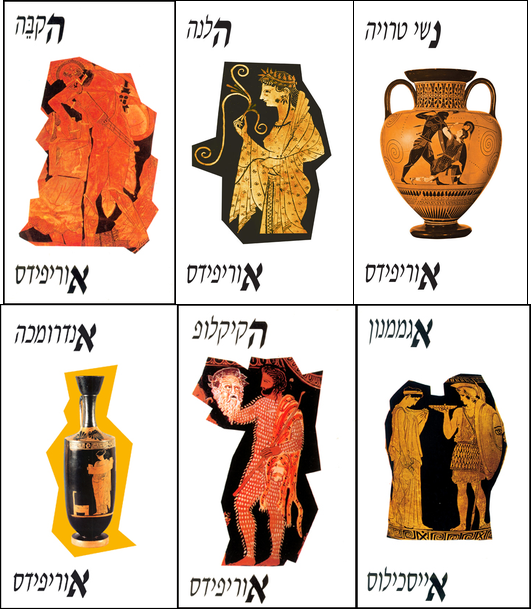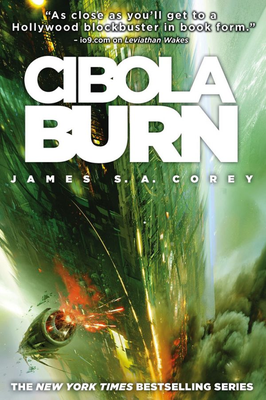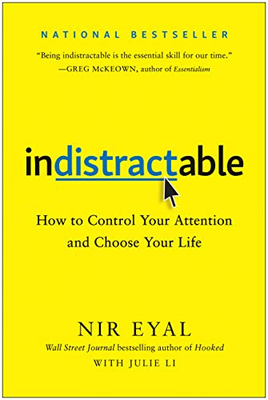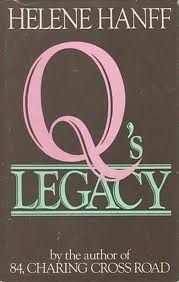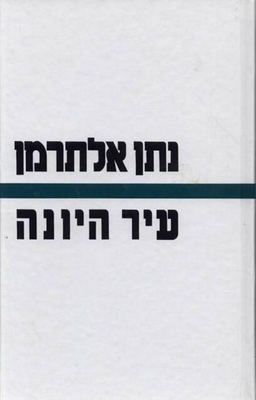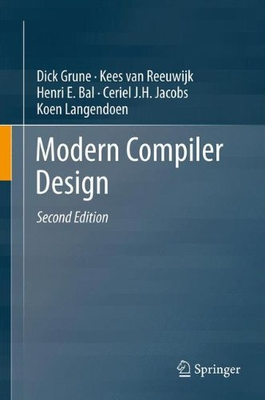Arabesques by Anton Shammas. Read the Hebrew original, which is the exact point: a Hebrew original by an Arab author. There’s an English translation, but no translation, to any language, will ever do a justice to this text, since the entire book is a statement in an argument about the belonging of Palestinian citizens of Israel to the Israeli society at large. In fact, one of the characters in the novel is a thinly-veiled representation of the author’s main adversary in this discourse, A.B. Yehoshua; and you cannot really understand the book without reading a lot about that whole dispute. So yes, I found myself reading hundreds of pages about this book and its author...
And the book itself is nothing short of amazing. The writing style reminded me so much of Meir Shalev... except Shalev’s first novel was published two years after Arabesques.
A Trumpet in the Wadi by Sami Michael. A moving book in its own right, but also very clearly a response to Shammas; in other words, another statement in that same ongoing argument. And Michael’s written Hebrew is not nearly as good as Shammas’s.
Mr. Mani by A.B. Yehoshua. Not as explicitly as Shammas’s and Michael’s books, this novel also makes a statement in the same discussion (which can be summarized as, “Yehosua lost this debate, and is a sour loser”).
Two poem books by Anton Shammas: Hardcover and No Man’s Land. Both beautiful.
Moonraker by Ian Fleming. In Chapter 2, I was impressed by M. making a remark for which the reader is given no context, and remains completely enigmatic (“Looks as if we’ll get that gold after all. [...] There’s been some talk of the Hague Court, but Ashenheim’s a fine lawyer.”) Realistic dialogue! But then practically the entire reminder of the chapter is M. quizzing Bond about Hugo Drax, the worst kind of “tell, don’t show” possible. And even though Bond in the book is not the superman that he is in the movies, many other Bond clichés are still there, such as all of Chapter 22 being the evil mastermind explaining his plan in detail and neglecting to kill the secret agents. The very last pages, though, did get me by surprise when the main cliché was missing: in the end, Bond did not get the girl.
Also, Fleming could give George R. R. Martin lessons in describing meals in detail...
Six Greek plays, all translated by Aharon Shabtai: Hecuba, Helen, The Trojan Women, Andromache, and Cyclops by Euripides; and Agamemnon by Aeschylus. I picked a random passage (five lines) from Hecuba, and compared four translations. First, there’s Shantai’s Hebrew:
את כל חיינו אנו מבלים לשוא / במאמץ ללמוד כל-כך הרבה תורות, / אך בעולם הזה שולטת הלשון - / בכל המאמץ ובכל סכומי הכסף / ראוי היה לרכוש את מלאכת השכנוע / ולתמרן כרצוננו בכל איש...
E.P. Coleridge’s classic translation:
“Why, oh! why do we mortals toil, as needs we must, and seek out all other sciences, but persuasion, the only real mistress of mankind, we take no furthur pains to master completely by offering to pay for the knowledge, so that any man might upon occasion convince his fellows as he pleased and gain his point as well?”
Jay Kardan and Laura-Gray Street’s translation from 2010:
“Why do we work so hard / to learn unnecessary things, when what we need / to know is how to persuade. Without the polished / art of persuasion, we can’t get what we want.”
Theodore Alois Buckley’s translation from the late 19th century:
“Why then do we mortals toil after all other sciences, as a matter of duty, and dive into them, but least of all strive to learn thoroughly Persuasion, the sole mistress o’er the minds of men, giving a price for her knowledge, that at some time we may have it in our power at once to persuade and obtain what we wish?”
All so different... and all of them different still from the original!
Some other random thoughts — Hecuba makes it clear why Aristotle saw Euripides as the most tragic of tragedy authors; unlike, say, Creon in Antigone, Hecuba can no longer learn from her mistakes, and her fate is not in her hands at any stage during the play. Also, apparently, nature-vs-nurture is something even the ancient Greeks discussed.
Two Turkish Coffee! by Menahem Talmi. I was surprised to find that the Sights and Knights of Jaffa has a fourth volume (published 1986). Even more than that, I was disappointed by the book itself. The vulgarities switched from the actions of the protagonists to the language used (the first volume is no less vulgar in terms of the plot, but much less blunt in choice of words); and the stories themselves just fail to interest.
Cibola Burn by James A. Corey, volume 4 of The Expanse. One of the best exobiology fiction I’ve seen: similarities are actually explained (common solutions found by nature, just like flight and vision were developed multiple times on Earth); the “lizard-like” creature that shoots its stomach out when preying on “flies”; the organism that finds a habitable environment in the human eye, without actual organic relation; and even the fact that (fictional) cancer drugs could solve that problem (with a non-perfect success rate).
But on the other hand, the human aspect is horribly done. The bad guy (Murtry) is cardboard-deep. Elvi melting when meeting Holden could perhaps make sense, but then, sleeping with somebody else “solves” that problem for her. Seriously?
Perhaps the worst part is the eventual “evil boss” being such a letdown... “The eye of an angry god” (in Elvi’s words), which the alien robot just can’t see? Described like something between the Eye of Sauron and IT from planet Camazotz, but for just a paragraph or two, and no real detail or explanation to its existence (or its destruction, for that matter) is provided.
Indistractable: How to Control Your Attention and Choose Your Life by Nir Eyal with Julie Li. The intro is funny, Eyal describing how his book Hooked was designed to help create better user-serving products, and oh, it’s only bad people that use the techniques he describes there for nefarious purposes. The book itself was mostly predictable, with very few new insights. Also, I disagree with Eyal’s view on to-do lists, which I personally find extremely productive, far more than “timeboxing”; if I have a list of tasks for the day, I end up prioritizing my time properly. I have more than enough “timeboxing” through my work calendar, whole days of back-to-back meetings with my team members, with my managers, and with other teams.
Q’s Legacy by Helene Hanff. So disappointing... on so many levels. Hanff’s 84, Charing Cross Road is one of my favorite books of all times. Clearly, she’s a book-lover, who took to learning literature by herself, and loved books both for the message and for the medium; a person I can identify with. But while Q’s Legacy starts with the story about how she became a self-driven literature student, walking the isles of the public library and looking for a good textbook on the subject (I have rarely so identified with an author), this quickly veers elsewhere. She’s a failed author (of her own acknowledgement), who had an amazing stroke of luck with a collection of letters, never meant to be published in a book, made all that more powerful and moving by the untimely death of her correspondent. The story of her life (as presented in this book and, it seems, in The Duchess of Bloomsbury Street which I am yet to read) has become the story of living off of the fame and success of her first one.
Still, she’s a book lover, and there’s a lot I could identify with in her writing here, too.
City of the Dove by Nathan Alterman. Poetry, and darn hard to read. I mean, even the (Hebrew) name of the book as a double entendre that I failed to uncover. Some of the poems are amazing, and some that I utterly failed to penetrate.
Modern Compiler Design, Second Edition by Dick Grune and (many) others. Probably the best textbook for a modern course on the subject that wishes to go a bit deeper than just the basics. Still... a book copyrighted in 2012 that uses the syntax “void f(void)” for a C function that accepts no arguments, and uses void functions that return their value by setting global variables. Sigh. Plus, the typesetting is sub-par; as a minor random example, in page 70, the authors refer to ASCII 126 (the tilde character, ’’~”), and it appears in the text as a blank space — because it stands for a non-breaking space in TeX, and they forgot to escape it. Sigh again.
New Reviews Notification |
To receive notifications as new reviews are published,
consider following the RSS feed. |
|



